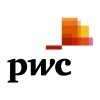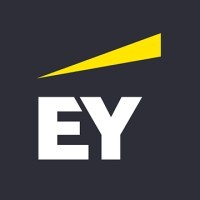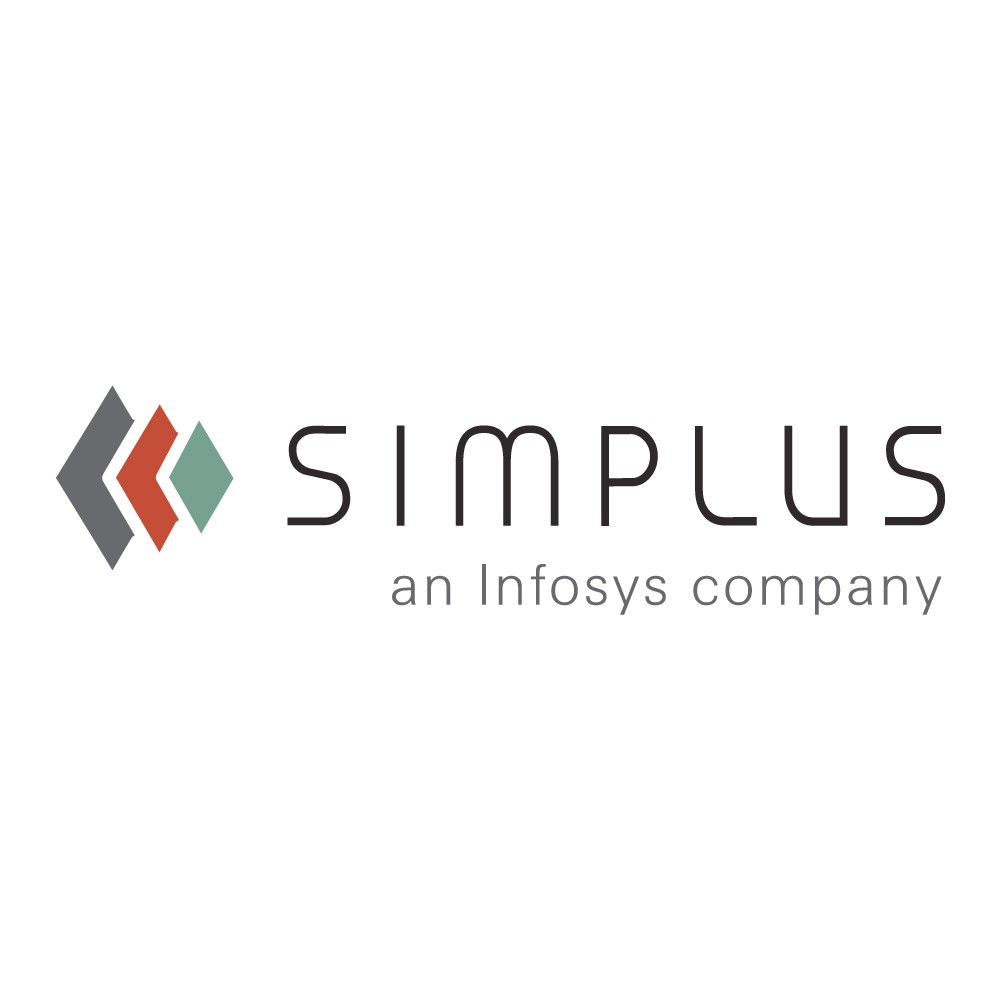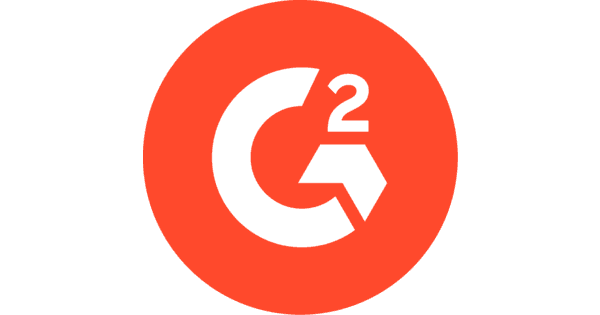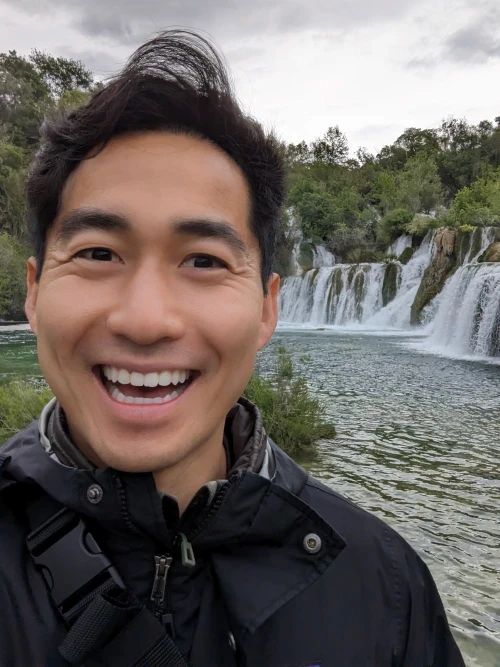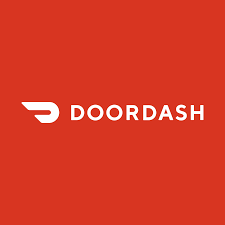Find the right Salesforce Consultant or team.
You just opened the door to 8K Salesforce Consultants from top Partners. Able to implement, optimize, and manage Salesforce. This is FoundHQ.
How to Hire Consultants Here
There wasn't a fast, easy, and transparent way to reliably the Salesforce Admins you need. So, we created it.
Kickoff
List a Salesforce Project or Book an Intro Call
Review Shortlist
Within 48 hours, we will recommend 3-5 matches
Schedule Interviews
Meet as many Consultants as needed before selecting.
Start Working
We manage compliance and payroll, so you can just work.
The Top Salesforce Consultants. All In One Place.
10 Years and 60,000+ Salesforce Interviews in the Making.
We did the heavy lifting - you just hire who you like best.
Global Access Made Simple
Hire Admins onshore, nearshore, offshore, or adopt a hybrid model.
|Browse from 30+ countries
🇺🇸
United States
🇦🇷
Argentina
🇧🇷
Brazil
🇨🇴
Colombia
🇮🇳
India
🇺🇦
Ukraine
Hire from the Top Partners
A Consultant network covering every industry, growth stage, and Tech Stack.
Search by specific Orgs

Deloitte
100+ Freelancers

Coastal Cloud
30+

Accenture
100+
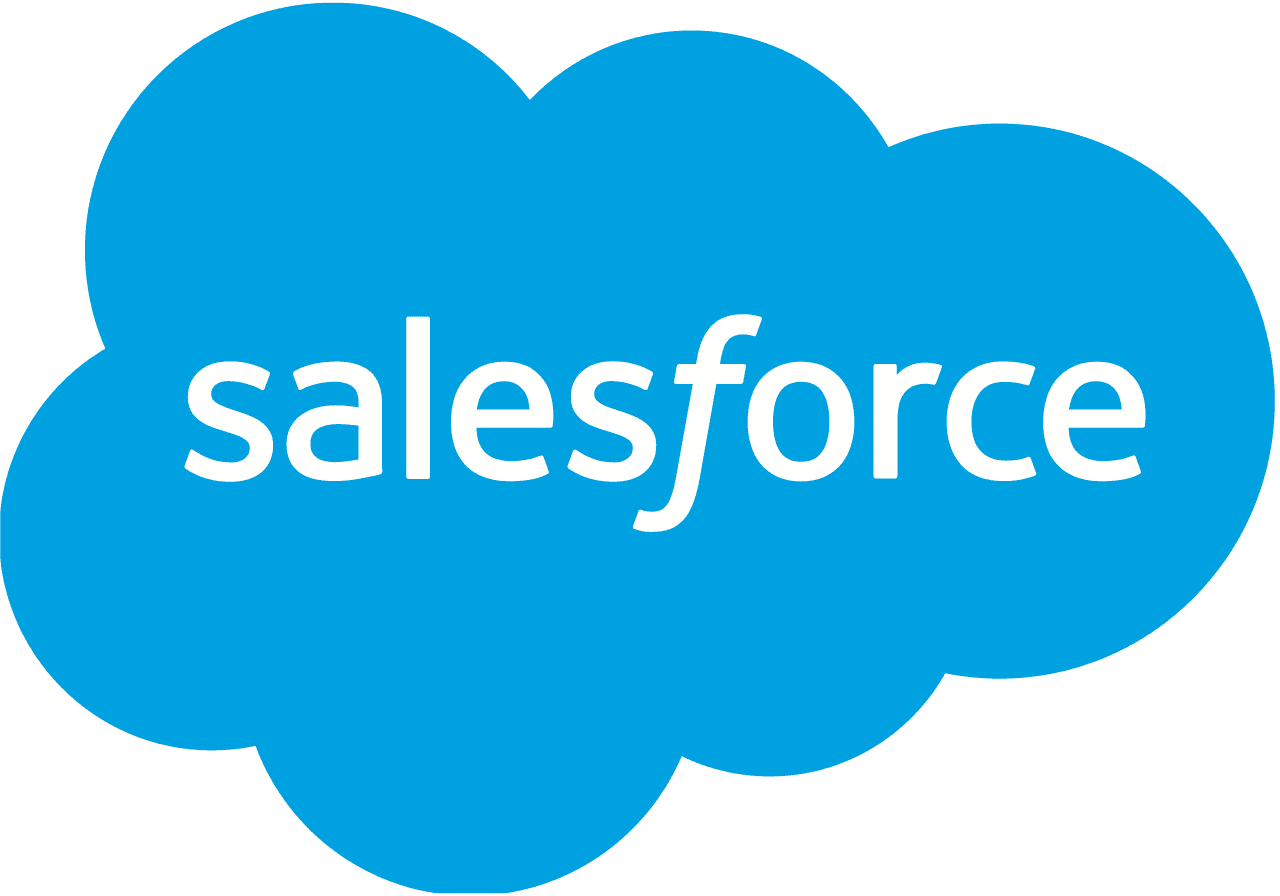
Salesforce
100+

Slalom
50+

IBM
70+
Get Matched to 8K World-Class Salesforce Consultants
Our skills matrix allows us to identify the exact Salesforce experience you need based on Consultant Profiles with 15+ datapoints, including work history, project portfolio, product focus, rate, and more.

Get Matched to the Right Salesforce Consultant
FoundHQ is the easiest way to get work done in Salesforce.
How We Vet Salesforce Consultants
A big network and fancy logos on a resume are a great start. But that's not enough. We put every Consultant to the test before recommending them for any project.
Intro Call
A preliminary conversation with our Delivery Lead to understand Consultant's interest in project-based work, prior experience working in this capacity, and a discussion around logistics of their availability, working style, and more.
Soft Skills Assessment
A more thorough walk through of Consultant's work history and behavioral interview targeting their focus areas in Salesforce, specific initiatives they spearheaded. Consultants are scored on communication skills, ability to be client-facing.
Hard Skills Assessment
30 minute deep-dive technical evaluation of role-specific and product-specific Salesforce knowledge, administered by a top 1% ranked FoundHQ Consultant based on number of projects completed and customer satisfaction score.
Trial Project
Each Consultant starts with a small engagement (typically 15-20 hours total) with a FoundHQ client to gauge effectiveness and client satisfaction before given the opportunity to take on larger projects.
Customer Satisfaction & References
Evaluation of customer satisfaction score on trial projects and more extensive backchannel reference conducted from Consultant's previous customers, managers, and peers.
Final Quality Control for Matches
As a final quality control mechanism when recommending Consultants for projects, first right of refusal for new engagements is given to Consultants that have successfully completed the most projects through FoundHQ in the past.
Pricing That Just Makes Sense
Complete transparency and no surprises.
We surface the best talent. You choose who fits your budget.
Developers
$
90-125
/ hour
Hourly rate ranges outlined are for US-Based Consultants. Expect Nearshore & Offshore Contractors to be roughly 50% lower.
Admin / BSA
$
85-115
/ hour
†Hourly Rate Range for US-Based Consultants
Pay per Hour for monthly work completed
Full time tracking visibility & measurable ROI
Function as an embedded part of your team
Interview each Consultant 1:1 before selecting
Hire a Contractor part-time or build a team
Talent from all the top Partners and more
Architect
$
135-170
/ hour
Hourly rate ranges outlined are for US-Based Consultants. Expect Nearshore & Offshore Contractors to be roughly 50% lower.
What You Get From FoundHQ
Combining the expertise of a Consulting Firm and scale of a Freelancer's Marketplace makes this the best way to get Salesforce work done.
A Network Unlike Any Other
We have established our network of Consultants relationship by relationship over the span of 10+ years.
Every member is there for a reason and they are great at what they do. As a result, we can truly staff any project.
Dedicated Delivery Lead
We carefully oversee every single match between companies and Consultants by taking the time to understand every project and ensuring you have visibility into the best Consultant to tackle it.
Absolute Flexibility
Our model allows you to select your Consultant, scale utilization up or down, add or remove resources as needed, and more - all in a moment's notice. You’re in total control of the scope and spend from beginning to end.
FAQs


Get Matched to the Right Salesforce Consultant
FoundHQ is the easiest way to get work done in Salesforce.





